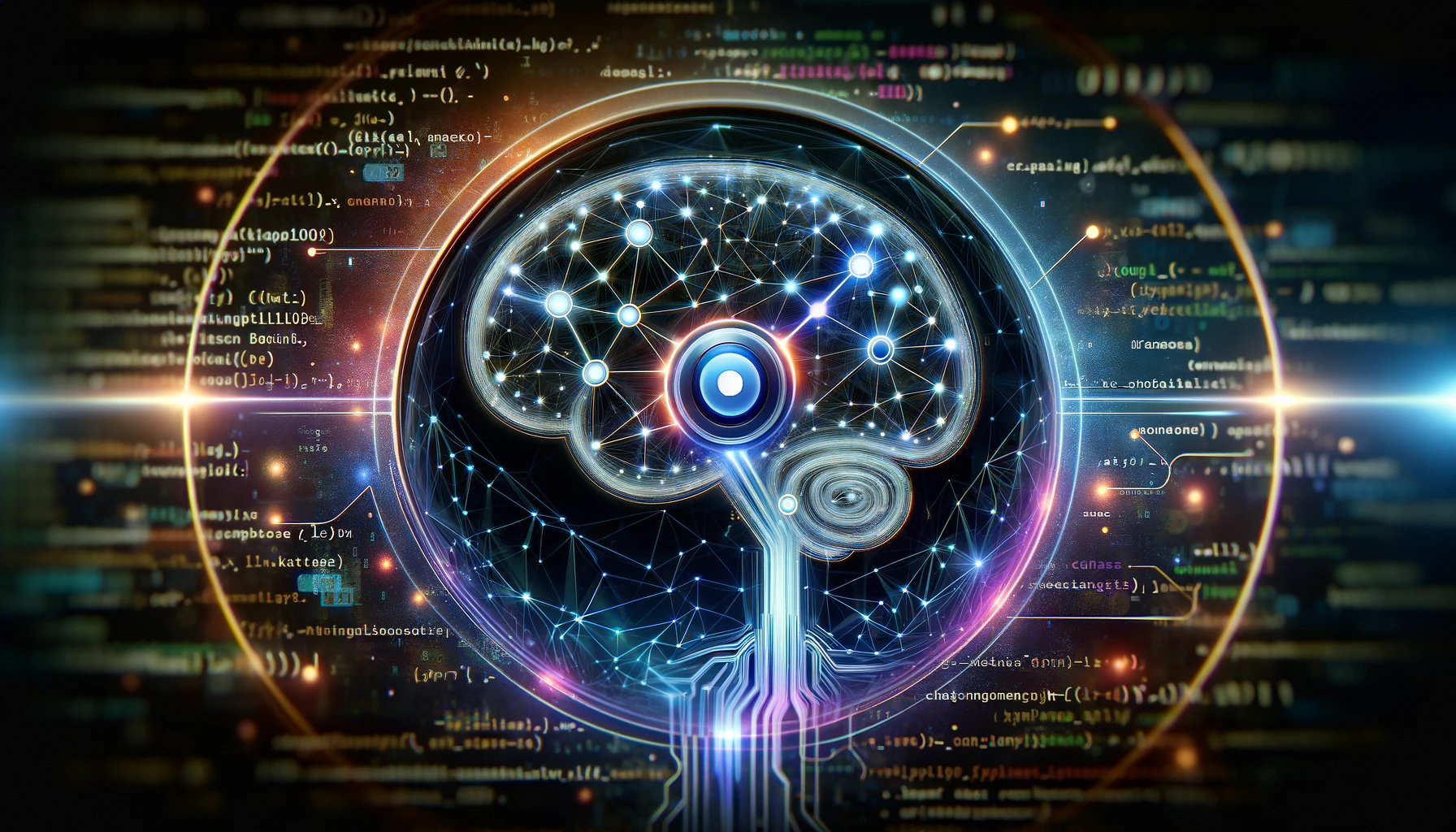OpenAI is introducing a significant update to ChatGPT, integrating a “memory” feature that enables the AI to retain information about users over time, according to a recent report by The Verge. This enhancement aims to personalize interactions, allowing ChatGPT to recall specific details about users’ preferences, habits, and previous conversations.
The memory function operates in two primary ways: users can directly inform ChatGPT of certain details to remember, such as coding preferences, names of colleagues, or personal likes and dislikes. Alternatively, ChatGPT can autonomously learn and store information based on ongoing interactions with the user. This capability is designed to make the AI more intuitive and user-friendly, reducing the need for repetitive instructions.
Enhanced memory personalization across ChatGPT versions
Each version of GPT, including specialized ones like Books GPT, will possess its own memory, enhancing its ability to provide tailored recommendations and responses. For instance, a Books GPT with memory activated could remember a user’s reading history and genre preferences, offering more relevant suggestions. Similarly, educational, travel, and fitness-related GPT applications could benefit from remembering user-specific information to improve service delivery.
However, the introduction of memory to ChatGPT raises significant privacy and data security concerns. OpenAI’s method of learning from user interactions and developing a profile over time is reminiscent of other internet services’ data collection practices, which have often been met with skepticism and discomfort from users. The concern is that ChatGPT, by “knowing” users, might infringe on personal privacy.
To address these concerns, OpenAI emphasizes user control over ChatGPT’s memory. Users can inquire what information ChatGPT retains about them and have the option to delete specific memories or manage them through a dedicated settings section. OpenAI also offers a Temporary Chat feature, akin to an incognito mode, allowing users to interact with ChatGPT without influencing its memory. Users can also disable the memory feature entirely across their accounts.
By default, the memory feature will be activated, and the data collected will contribute to training OpenAI’s models. However, data from ChatGPT Enterprise and Teams users will not be used in model training.
Image and article originally from readwrite.com. Read the original article here.

